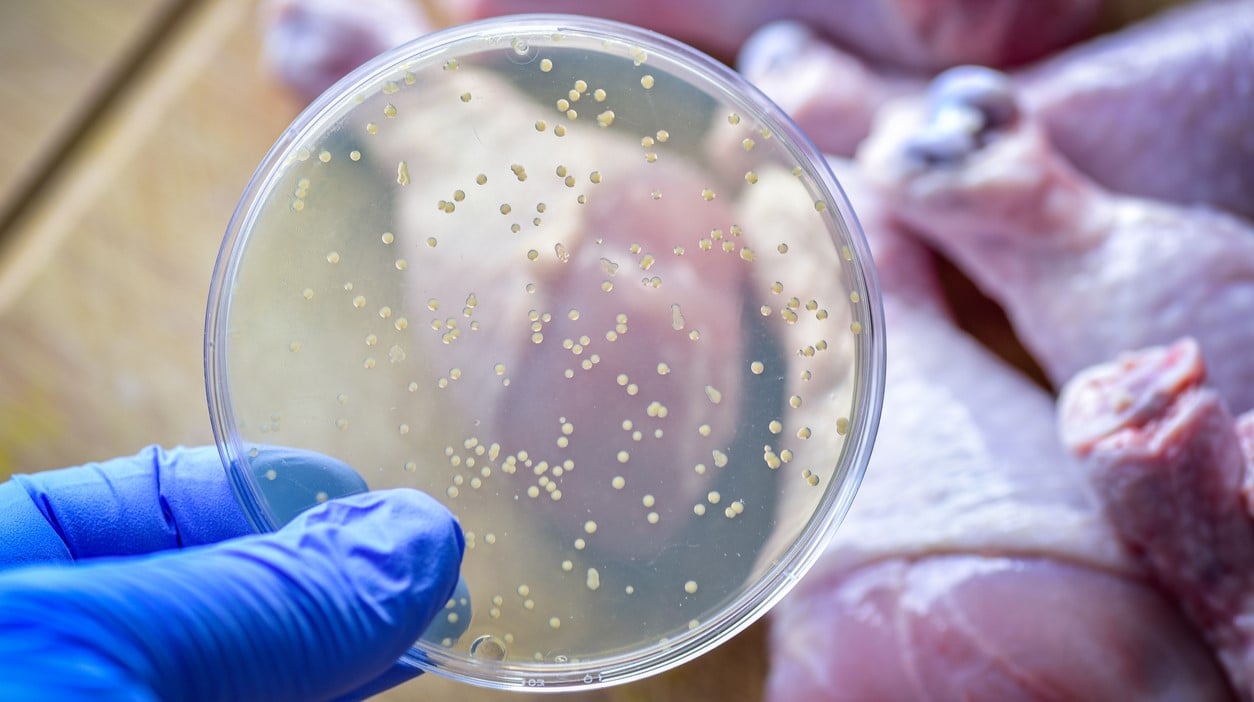Most Common Causes of 2023 Food Safety Recalls (and How to Avoid Them in 2024)
Between high turnover, labor shortages, and issues stemming from supply chain disruption, food and beverage companies have faced major challenges over the past few years. Chief among them has been the growing volume of product recalls, which threaten supply and the normal flow of business. A report published in early 2023 observed an “enormous increase” in the number of food items recalled in 2022. What’s more, data analyzed over the summer found that recalls from the first quarter of 2023 were at an all-time high.
But while the number of food safety recalls is growing across the industry, some definite trends have emerged about the root causes of recalls — giving the industry insight into how to combat them. Here’s what we’ve noticed throughout 2023 — and how you can respond to these food safety issues in your own operation.
The 4 Most Common Causes of Food Safety Recalls in 2023
The FDA maintains a real-time dashboard of food safety recalls on their website, including the companies involved and the cause of each recall. By sorting the data according to the cause of the recall, the data reveals clear trends in public health risks. These were the four most common causes of food safety recalls in 2023, and here’s how to prevent them in your own operation in 2024:
1. Undeclared Allergens
Undeclared allergens caused the largest number of food safety recalls in 2023, with more than 30 listed instances in the database.
Causes: Undeclared allergen food safety recalls typically result from incorrect labeling or allergen cross-contact, all of which put the public at risk of exposure. If employees are careless while packaging products, they may accidentally apply an incorrect label, while in other cases, the ingredients clause portion of a label may fail to mention an allergenic ingredient. If work surfaces are not adequately cleaned before changeover, allergenic ingredients from one product could accidentally come into contact with another product before packaging.
Corrective / Preventive Action: First and foremost, company leadership must determine how an undeclared allergen made it to market. Implementing a barcode system will make it easy to track products, conduct audits, and determine where labeling issues occurred. Otherwise, determining the source of a labeling problem will require manual and time-consuming investigation. If allergen cross-contact was the cause of a food safety recall, companies will need to reinforce food safety and sanitation training for employees to prevent it in the future.
2. Listeria Monocytogenes
Listeria monocytogenes is an incredibly prevalent bacteria found in almost every part of our environment. Its contamination of various food products caused more than 28 food safety recalls in 2023.
Causes: The Listeria bacteria is present everywhere in the environment, including soil and air, and is especially common as a pathogen in ready-to-eat products. If transmitted undetected through a food processing or packaging environment, Listeria can easily make it to the general public and cause a foodborne illness outbreak.
Corrective / Preventive Action: Food and beverage companies need to evaluate their sanitation, hygiene, and pathogen screening protocols throughout their production facilities to determine exactly how Listeria made it to market. Screening for Listeria requires routine testing of surfaces throughout the production environment as well as the products themselves. Bacterial colonies can easily hide in the various nooks and crannies of a facility, so it’s important to periodically change swabbing areas to discover hidden dangers.
3. Salmonella
Salmonella was the third leading cause of food safety recalls in 2023, with over half a dozen instances recorded by the FDA.
Cause: Salmonella contamination is usually the result of personnel hygiene issues, particularly a failure to properly wash hands. The pathogen can be spread from animals to products, but people are often the carriers in food processing environments.
Corrective / Preventive Action: Identifying where hygiene protocols are breaking down is critical to preventing Salmonella outbreaks. Conducting regular environmental sampling can detect the presence of Salmonella while helping to narrow down where contamination is actually occurring. Managers should reinforce the importance of employees following proper handwashing techniques and invest in additional training if necessary.
4. Foreign Material
The fourth most common cause of food safety recalls in 2023 was the presence of foreign materials, documented as occurring more than five times throughout the year.
Causes: The most common foreign materials that require recalls are wood, plastic, metal, and glass — each of which could be the result of a different breakdown in process. The presence of wood in a food product or packaging often indicates material from the environment escaping detection through the entire processing and quality assurance process. Plastic and metal materials typically come from malfunctioning equipment breaking into pieces and falling into food products. Lastly, glass could indicate a problem in the packaging phase of manufacturing, with pieces of broken glass bottles, bulbs, or other materials falling into food prior to packaging.
Corrective / Preventive Action: Regardless of the type of foreign material found in products, manufacturers must conduct a root-cause analysis to uncover the source of contamination. Whenever broken equipment is discovered, make repairs immediately and do not use until fixed. Conduct preventive maintenance on all equipment according to manufacturer recommendations to avoid future issues.
Avoiding Food Safety Recalls in 2024
Understanding and addressing these common causes of food safety recalls is critical to reversing these trends and protecting public health (and your company’s reputation). Implementing robust quality control systems and re-investing in employee training are key to preventing these kinds of food safety recalls — especially amid so much labor constraint. Learn more about AIB International’s food safety training offerings to ensure your workforce is up to standards.


